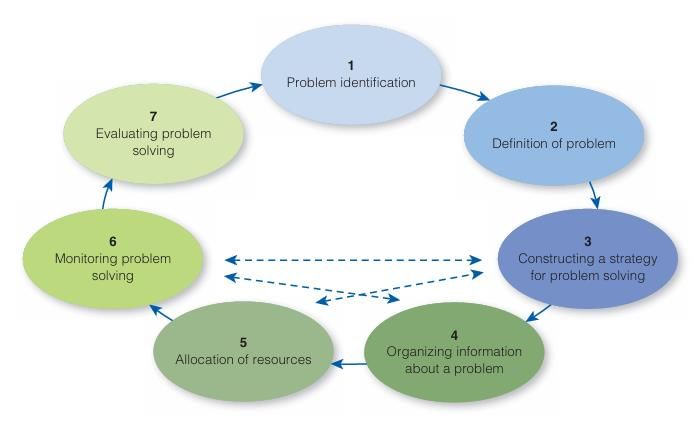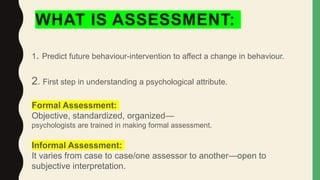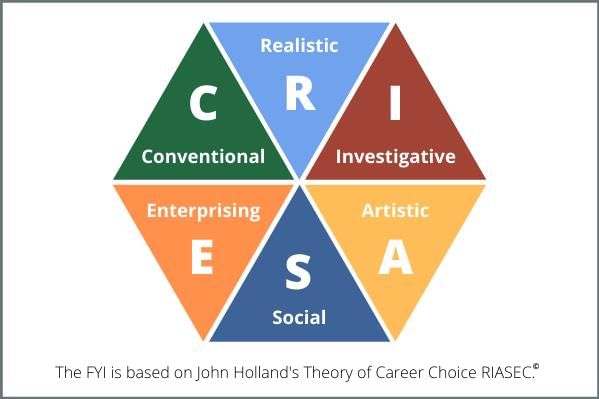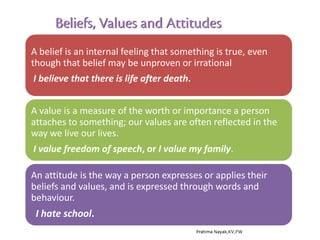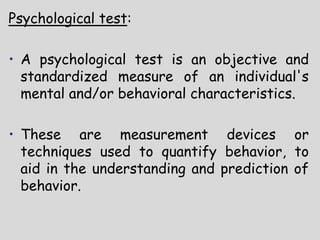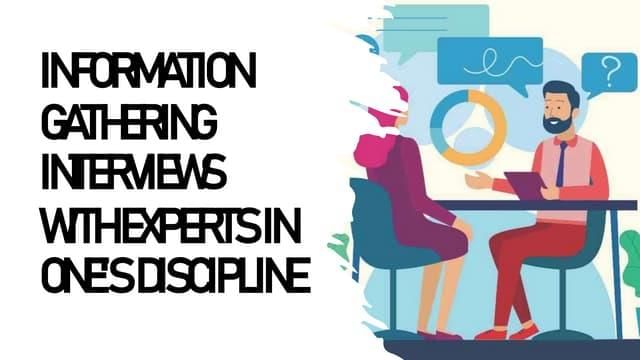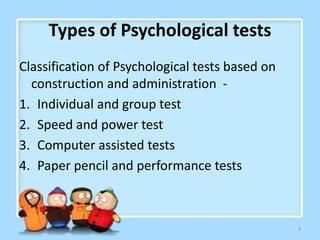|
Fill in the blank: Individual differences in human functioning refer to the uniqueness and variations in people's ___ patterns and characteristics. |
Card: 1 / 32 |
|
True or False: The situationist perspective emphasizes individual traits as the primary influence on behavior. |
Card: 3 / 32 |
|
False. The situationist perspective emphasizes the influence of external factors over individual traits. 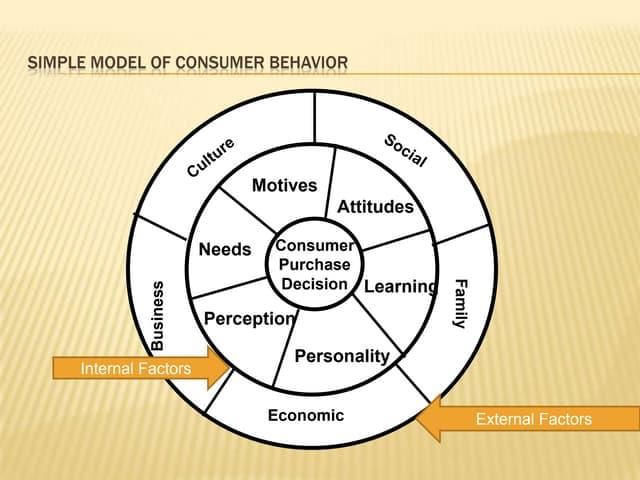 |
Card: 4 / 32 |
|
Situationism is the theory that an individual's behavior is significantly influenced by the circumstances and situations they encounter, suggesting that situational factors can override personal traits. 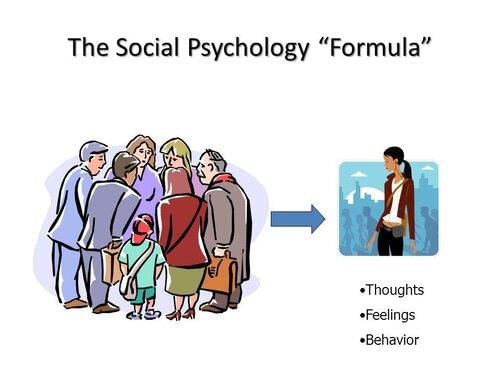 |
Card: 6 / 32 |
|
The primary function of human intelligence is to enable individuals to understand complex concepts, adapt to their environment, and solve problems effectively.
|
Card: 8 / 32 |
|
What are the key differences between formal and informal assessments of psychological attributes? |
Card: 9 / 32 |
|
Formal assessments use specific techniques and standards for measurement, ensuring objectivity and standardization, while informal assessments are based on subjective interpretations and personal perceptions without standardized methods. 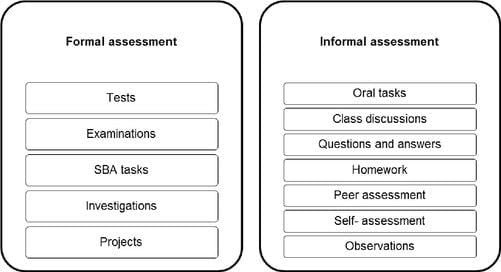 |
Card: 10 / 32 |
|
Fill in the blank: Intelligence refers to a person's overall capacity to comprehend, reason logically, and effectively utilize available ___ when facing a challenge. |
Card: 11 / 32 |
|
Fill in the blank: A formal assessment of a psychological attribute can lead to ___ when evaluating someone's behavior in a team. |
Card: 13 / 32 |
|
What are the three key components that can help determine an individual's career satisfaction? |
Card: 15 / 32 |
 Unlock all Flashcards with EduRev Infinity Plan Starting from @ ₹99 only
|
|
A personality test can predict an individual’s likely behavior in the future. What traits might it assess? |
Card: 17 / 32 |
|
Traits such as dominance, submissiveness, moodiness, withdrawal, or emotional stability. |
Card: 18 / 32 |
|
True or False: Psychological tests are subjective and can vary widely in their measurement of psychological attributes. |
Card: 21 / 32 |
|
Fill in the blank: An interview is a one-on-one conversation used by counselors or employers to seek ___ from the client. |
Card: 23 / 32 |
|
Which assessment method is commonly used in clinical diagnosis and personnel selection? |
Card: 25 / 32 |
|
What method involves a detailed examination of an individual's psychological attributes through interviews, observation, and questionnaires? |
Card: 27 / 32 |
|
To systematically and objectively record behavioral phenomena occurring naturally in real-time. |
Card: 30 / 32 |
|
Fill in the blank: The common definition of intelligence includes qualities such as mental alertness and having a sharp ___. |
Card: 31 / 32 |







